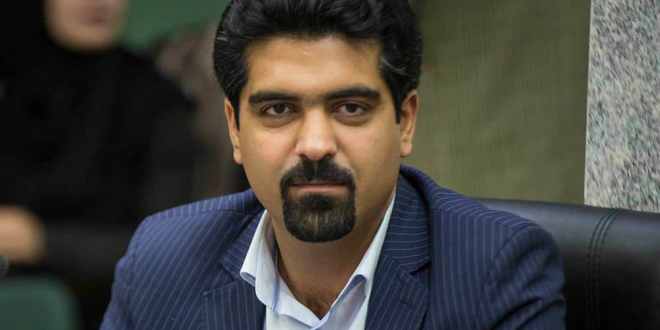December 29, 2017

Five days after the Majlis passed a law reaffirming the right of minorities to run in local council elections, the Guardian Council’s six clerical members rejected it as a violation of Sharia law.
The issue is now expected to go before the three dozen members of the Expediency Council to make a final ruling. So the issue will remain a live one for the next few weeks.
In its December 18 ruling, the Council of Guardians said non-Muslims are barred from being elected to local councils in Muslim-majority constituencies because they cannot vote on policies that are mandatory on Muslims. All cities in Iran and most villages are Muslim-majority.
The Constitution recognizes Judaism, Christianity and Zoroastrianism as official religious minorities. However, in April 2017 the Guardian Council in- voked a 1979 speech by Ayatollah Khomeini, to justify its exclusion of minorities from running in local council elections.
On December 13, nearly two-thirds of the Majlis passed the law allowing minorities to run in local elections. It states, “Constitutionally-recognized religious minorities living in urban and rural areas of the country can become candidates in council elections in their locality.” The law requires minority candidates to be practicing members of their faith, which effectively means that non-religious Iranians may not run in elections.
The law was the outcome of a dispute between the Majlis and the Guardian Council over the suspension of Sepanta Niknam, a Zoroastrian who was re-elected to the city council in the city of Yazd in 2013 and then re-elected last May.
A court in Yazd disqual- ified Niknam in September after Ali-Asghar Bagheri, a Muslim candidate who trailed distantly in the elections, filed a complaint.
“The Guardian Council’s theologians oppose the election of minorities to local councils and will, therefore, reject this amendment. But if the lawmakers hold firmly to their position, the fate of religious minorities will then be decided by the Expediency Council,” said former Zoroastrian Deputy Koorosh Niknam, Sepanta Niknam’s uncle, in an interview with the Center for Human Rights in Iran (CHRI).
According to Article 112 of the Constitution, the Expediency Council can issue final rulings when the Guardian Council and the Majlis are in deadlock over a piece of legislation.
“Sepanta remains suspended from the Yazd City Council,” said Koorosh Niknam.
